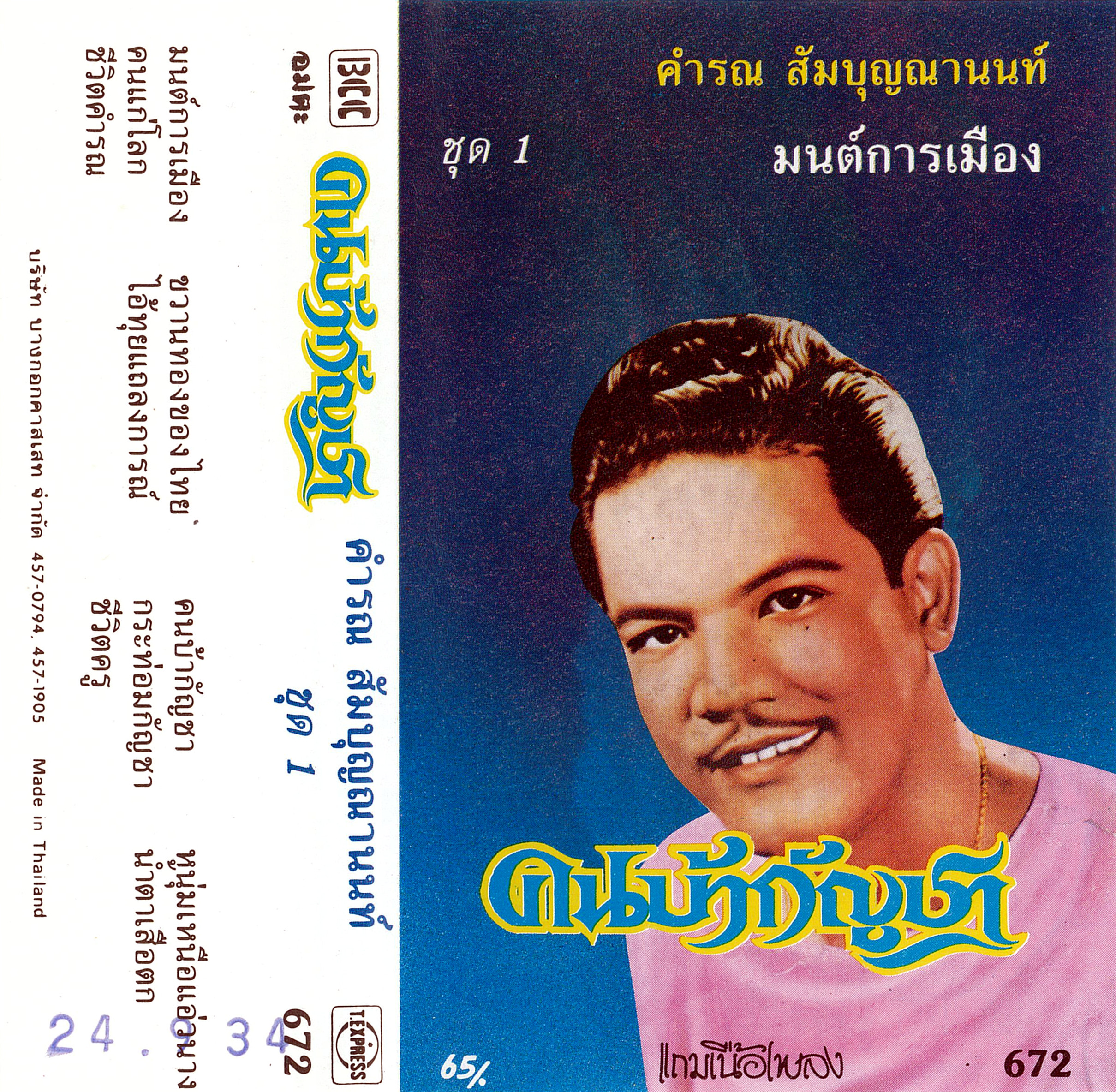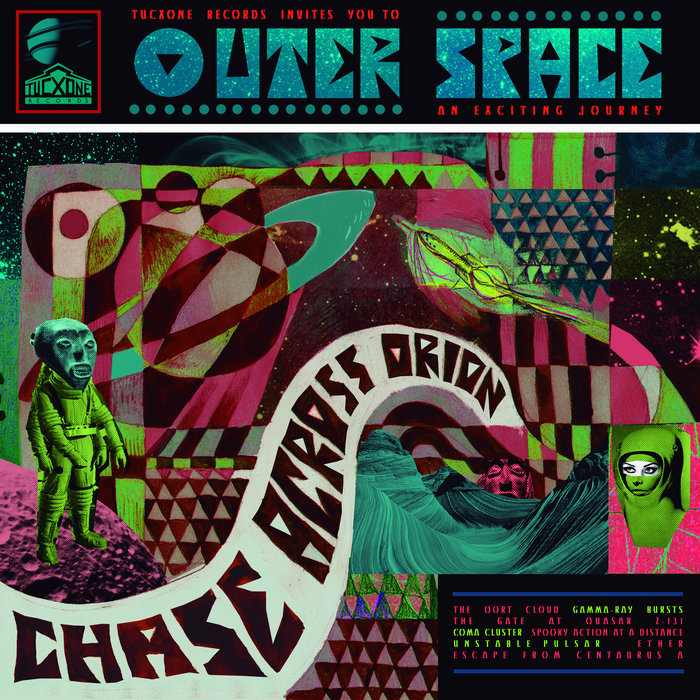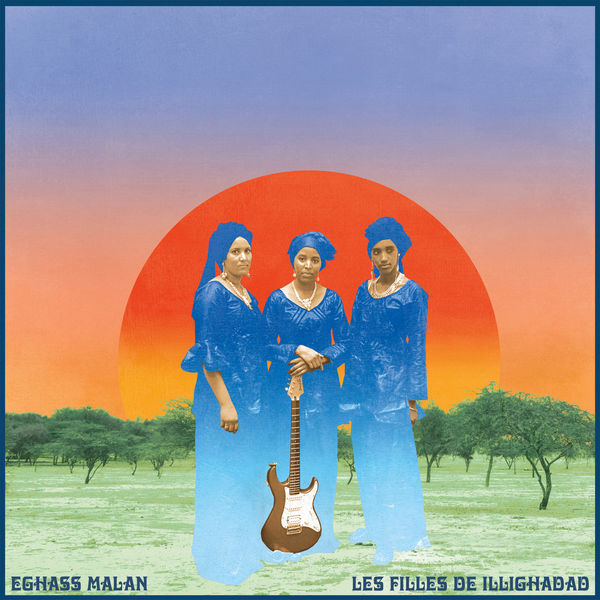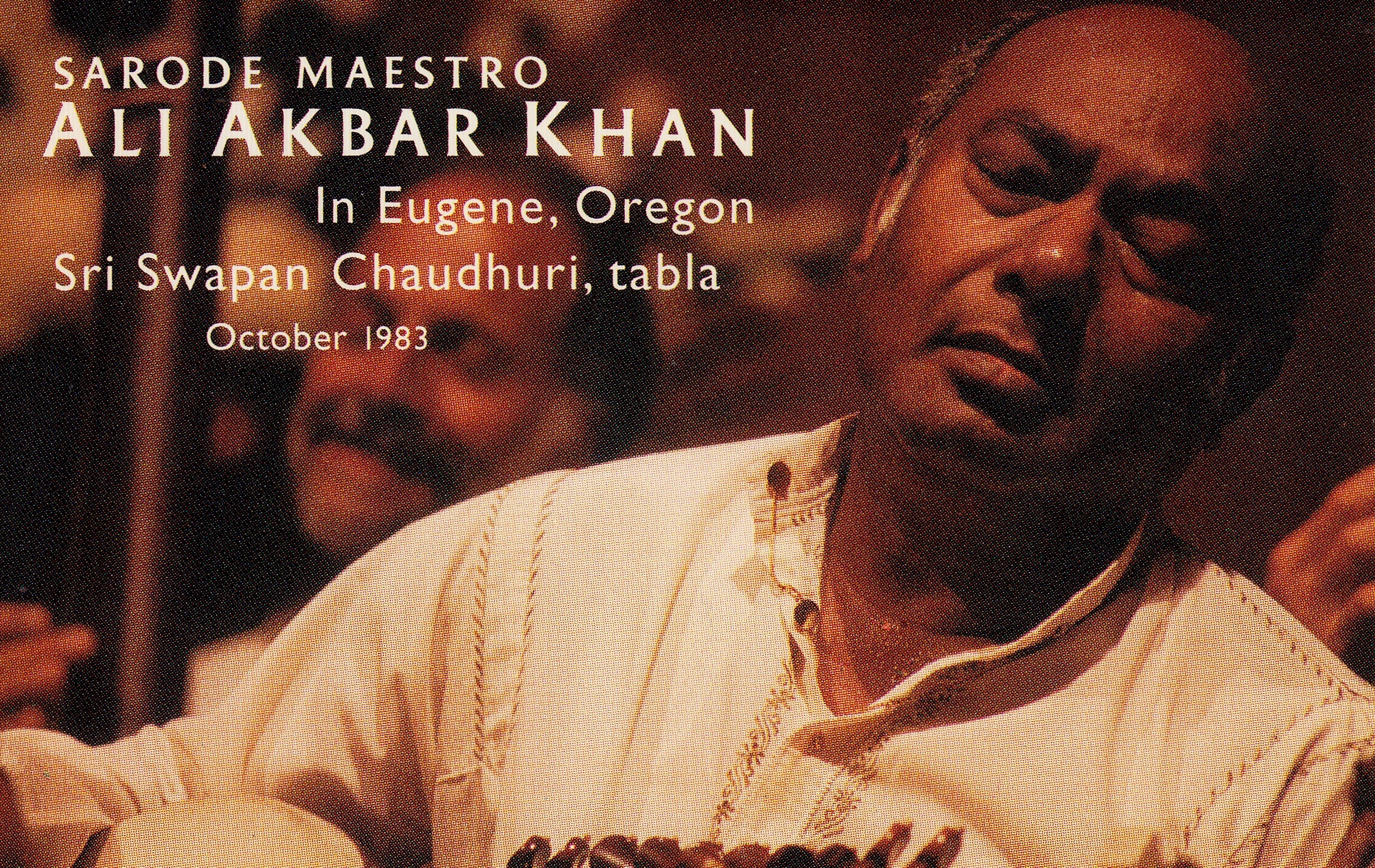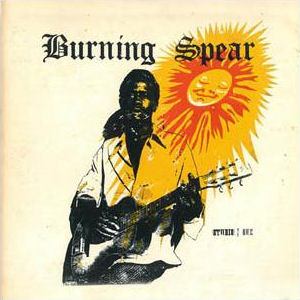Episode 46
Episode 46 originally posted on April 22, 2019.
Tracklisting:
01) “Khon Kae Lok” by Khon Kae Lok.
From the album Khon Ba Kancha.
Bangkok, Thailand.
The excellent Monrakplengthai blog provides some background and provides the release for download:
“today, we'll hear from mr. khamron sambunnanon, singing songs of crooked politicians and ganja madmen! hailing from bangkok's chinatown, khamron sang what were called at the time phleng talat ("market songs"), as his lyrics were among the earliest examples of thai pop music to feature tales of common people; farmers, day laborers, and even more marginal figures like gamblers, vagrants, outlaws and drug addicts. because of this, khamron is considered by many to be the very first singer of luk thung, and many of the great luk thung stars of the 60s and 70s fondly recall singing along to khamron's songs during their formative years. this album, from the bangkok cassette co., ltd. (currently existing as maemaiplengthai), contains several songs that i've shared before on various collections over the years, but once again shouldn't hurt.. enjoy!”
Purchase the album.
02) “Coma Cluster” by Outer Space.
From the 2016 album Chase Across Orion.
Barcelona, Spain.
A review on the Bandcamp page says: “Imagine The Polyrhythmics melting with The Budos Band, just add a dose a spanish flavor and you get the picture.” The Tucxone Records page says (through Google Translate):
“Without fears or prejudices. With soul and skill. That is how one must travel anywhere. And so Outer Space astronauts have explored the furrows of our galaxy. His first long-term manned mission to the blackest skies on the outskirts of our solar system is called "Chase across Orion". An operation that has been coordinated from the laboratories of the Tucxone Records sound, located in Madrid, leaders in the investigation of ebony atmospheres.”
03) “Jori” by Les Filles de Illighadad.
From the 2017 album Eghass Malan.
Abalak, Niger.
“Les Filles de Illighadad come from a secluded commune in central Niger, far off in the scrubland deserts at the edge of the Sahara. The village is only accessible via a grueling drive through the open desert and there is little infrastructure, no electricity or running water. But what the nomadic zone lacks in material wealth it makes up for deep and strong identity and tradition. The surrounding countryside supports hundreds of pastoral families, living with and among their herds, as their families have done for centuries.
It takes its name from a drum, built from a goat skin stretched across a mortar and pestle. Like the environs, tende music is a testament to wealth in simplicity, with sparse compositions built from a few elements: vocals, handclaps, and percussion. Songs speak of the village, of love, and of praise for ancestors. It’s a music form dominated by women. Collective and communal, tende is tradition for all the young girls of the nomad camps – played during celebrations and to pass the time during the late nights of the rainy season.”
The group’s Bandcamp page says:
“Sublime recordings from rural Niger. Two very different sides of Tuareg music - dreamy ishumar acoustic guitar sessions, and the hypnotic polyphonic tende that inspires it. Guitarist Fatou Seidi Ghali and vocalist Alamnou Akrouni lead the troupe, named after the village.”
04) “Raga Hem Behag” by Ustad Ali Akbar Khan.
From the 1983 cassette Live in Eugene.
Comilla, Bangladesh.
The Wikipedias tell us that Ali Akbar Khan:
“was a Hindustani classical musician of the Maihar gharana, known for his virtuosity in playing the sarod. Trained as a classical musician and instrumentalist by his father, Allauddin Khan, he also composed several classical ragas and film scores. He established a music school in Calcutta in 1956, and the Ali Akbar College of Music in 1967, which moved with him to the United States and is now based in San Rafael, California, with a branch in Basel, Switzerland.”
05) “Creation” by Burning Spear.
From the 1973 album Studio One Presents Burning Spear.
Saint Ann Parish, Jamaica.
The official website tells us:
“A music-maker, community icon, educator, spiritual uplifter; Burning Spear's importance to culture existed before the media spotlight, and has only grown since.
For nearly four decades and more than 25 albums, he has carried the torch of the gospel of political activist Marcus Garvey, promoting self-determination and self-reliance for African descendants through lyrics and rhythms that truly deliver the messages of peace and love to all.”
The Wikipedias add: “Winston Rodney (born 1 March 1945), better known by the stage name Burning Spear, is a Jamaican roots reggae vocalist and musician. Burning Spear is a Rastafarian and one of the most influential and long-standing roots artists to emerge from the 1970s.”
We invite you to continue your journey of musical exploration by seeing where each featured artist is from. This week’s artists are represented by Orange map-points. To see previous artists, visit the maps page here.


